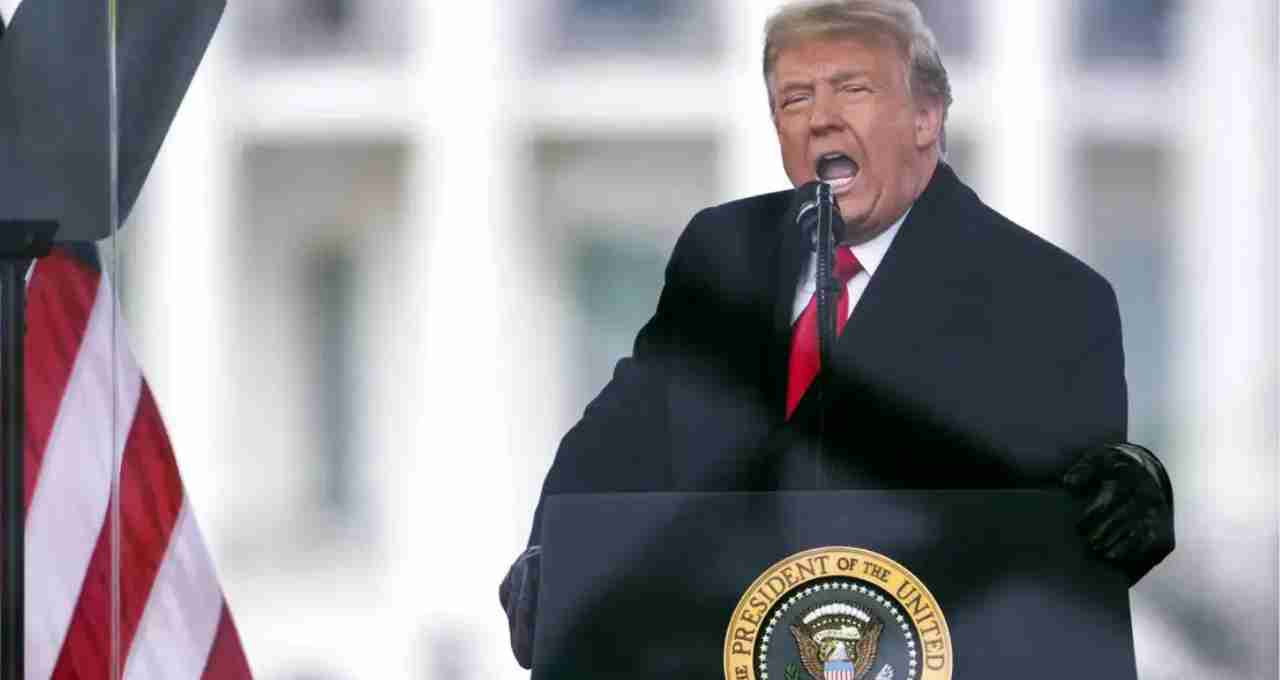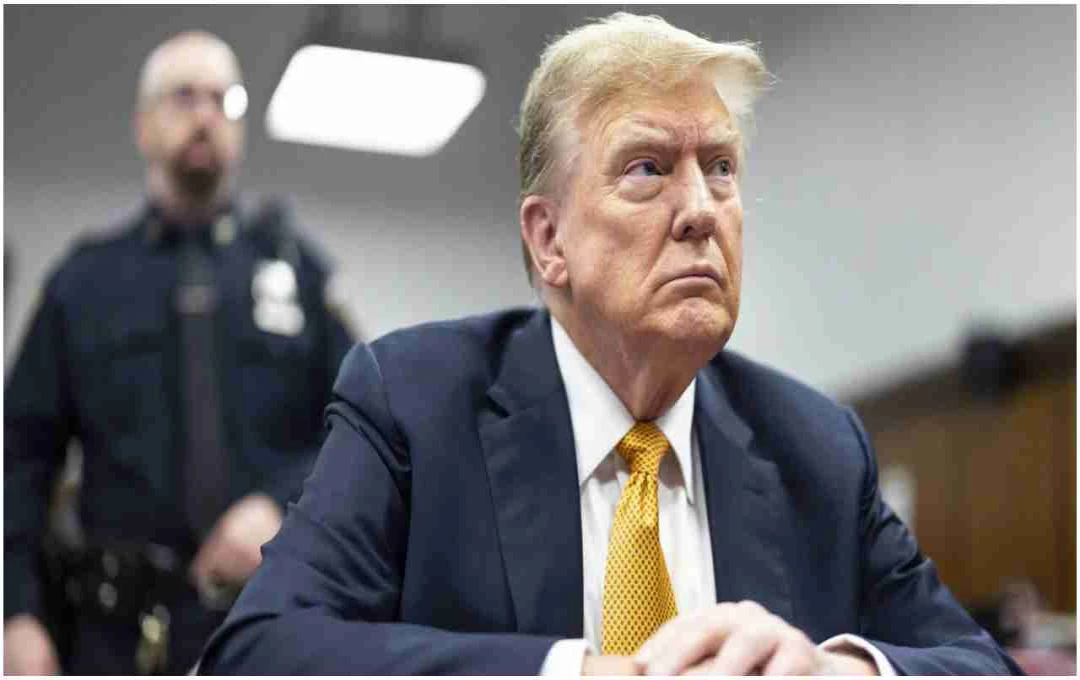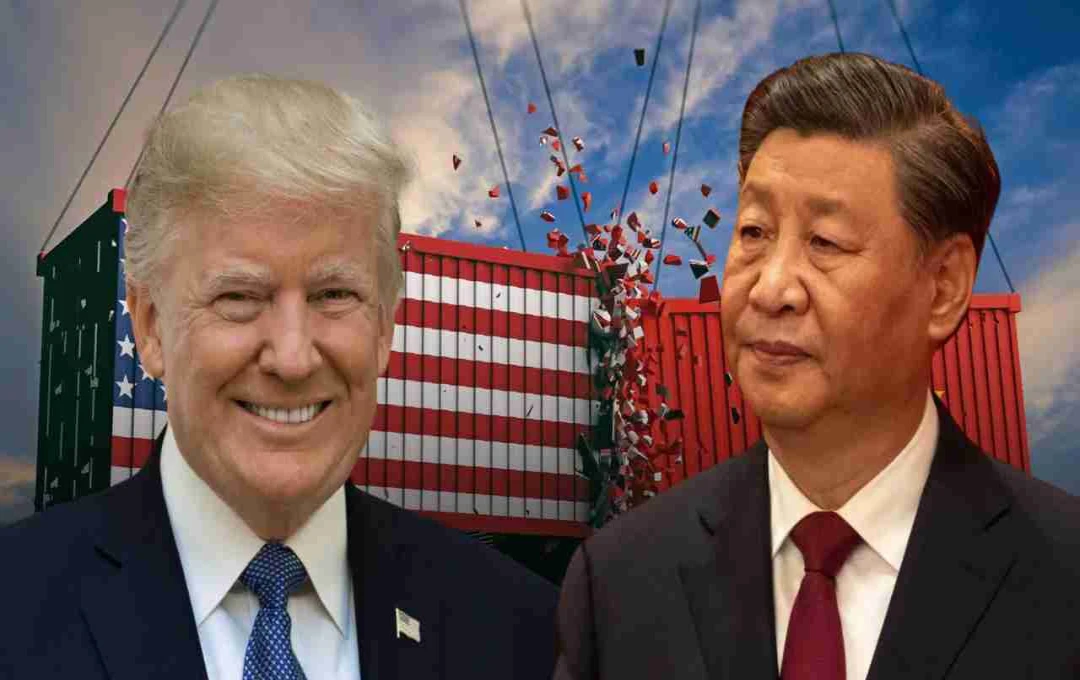US Court Allows Trump Administration to Maintain Global Tariffs; Potential Increase on July 9th, Supreme Court Decision Pending.
America: The Donald Trump administration received significant relief from a US court regarding its global tariff policy. The court has temporarily allowed the tariff policy to remain in effect. A tariff increase is possible after July 9th, but the final decision rests with the US Supreme Court.
US Court Rules in Trump's Favor
On Tuesday, a US court issued a major ruling on former President Donald Trump's global tariff policy. The court allowed the Trump administration to temporarily maintain this policy. This decision comes as Trump is likely to increase tariff rates in the coming weeks.
The ruling temporarily blocked a lower court's order that questioned Trump's tariff policy. This provides the Trump administration with temporary approval to maintain its economic policies.
Tariff Moratorium Ending July 9th
Donald Trump's tariff policy included a 90-day moratorium on "reciprocal tariffs," which is set to expire on July 9th. This means that if the US does not have a trade agreement with a country, the import duties, or Tariff Rates, could increase significantly.
The court's interim decision appears to pave the way for a potential increase in tariff rates by Trump. It remains to be seen whether the US Supreme Court will intervene before July.
Court Deems the Issue “Extraordinarily Important”

In its ruling, the court described the case as “extraordinarily important” and decided to resolve it swiftly. The next hearing is scheduled for July 31st. This means the final decision on the tariff policy is pending, but Trump's policy will remain in effect until then.
Tariff Policy Implemented Under IEEPA Law
Donald Trump implemented this tariff policy under the 1977 International Emergency Economic Powers Act (IEEPA). This law is typically used during war, national security emergencies, or other similar situations.
Under IEEPA, the Trump administration imposed a 10% tariff under the global tariff scheme, including additional duties on China, Canada, Mexico, and European Union countries. However, a trade court previously deemed this use of IEEPA inappropriate, stating it did not grant the president unlimited authority to impose import duties.
Challenge to Lower Court Ruling
Several trade groups and companies challenged this policy in court. This included V.O.S. Selections, a New York wine importer, which claimed that increased tariffs would significantly increase their costs and potentially lead to bankruptcy.
Additionally, several Democrat-governed states filed lawsuits, declaring the policy unconstitutional. They argued that the tariff policy was detrimental to the local economy and could destabilize the US business world.
Uncertainty for Businesses
While the court's decision provides relief to the Trump administration, the US and global business community remains uncertain. If tariff rates increase after July 9th and the Supreme Court does not intervene, many businesses could suffer significant losses.
Importers, particularly those in the food, fashion, and technology sectors, have already faced price increases and supply chain disruptions. This policy could directly impact small businesses and consumers.















